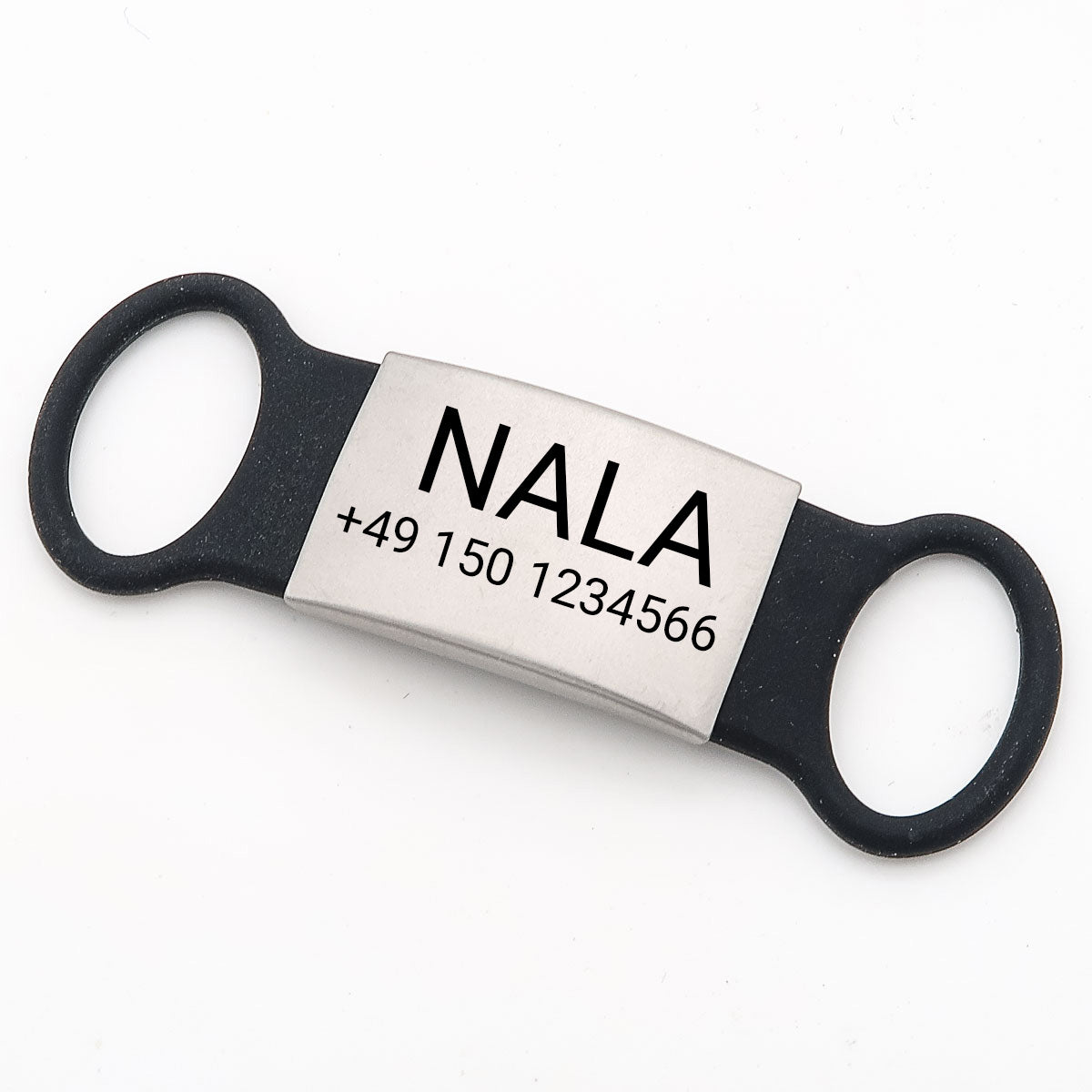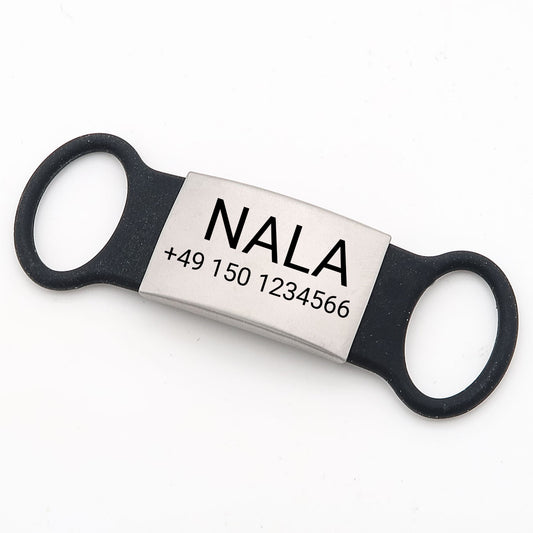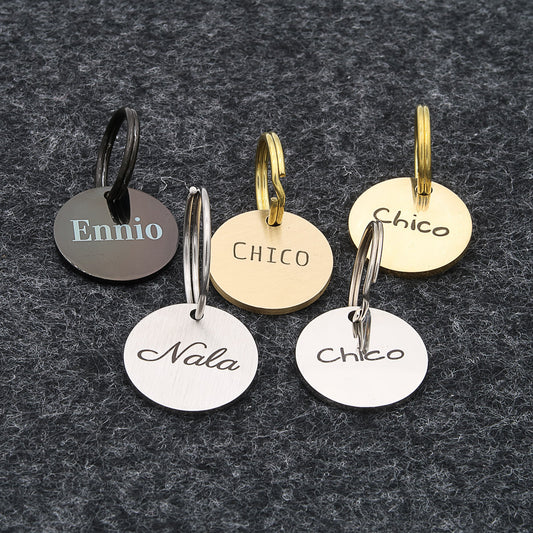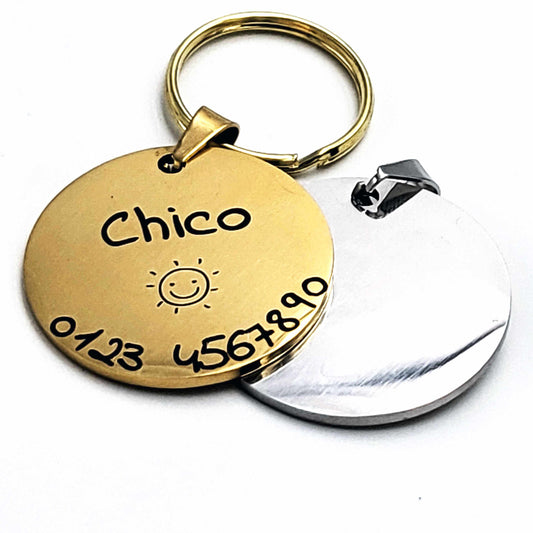
Everything you need to know about deworming your dog
Share
Your dog's health is very important, and that includes regular worming. In this blog article, you will learn everything you need to know about deworming your four-legged friend.
Why is deworming your dog important?
Deworming your dog is important because worms are a common problem in dogs. A worm infestation can lead to serious health problems, such as weight loss, vomiting, diarrhea, and in the worst case even death.
When should you have your dog wormed?
It is recommended to worm dogs every three to six months, depending on their lifestyle and risk of worm infestation. Puppies should be wormed every two weeks until they are 12 weeks old.
What types of worming treatments are available for dogs?
There are different types of worming treatments for dogs, such as worming tablets, worming pastes and spot-on preparations. The choice of the right worming treatment depends on the type of worm infestation.
How does worming your dog work?
The worming treatment works by killing the worms in your dog's body or preventing them from reproducing. The worms are then excreted in the feces.
How often should your dog be wormed?
Deworming should be carried out regularly every three to six months to ensure effective protection against worm infestation.
What symptoms indicate a worm infestation in dogs?
A worm infestation in dogs can lead to symptoms such as weight loss, vomiting, diarrhea, poor coat condition and abdominal pain.
Where can you buy the right dewormer for your dog?
You can buy the right worming treatment for your dog from your vet, pharmacy or pet store. It is important to choose a suitable worming treatment for the type of worm infestation your dog has.
What side effects can occur during worming?
Most worming treatments only have minor side effects such as vomiting or diarrhea. In rare cases, however, allergic reactions can also occur.
How can you make deworming your dog stress-free?
It is important to make your dog's worming stress-free by administering the worming treatment in an appropriate way. For example, you can mix the worming treatment into a treat or food to make it easier to take.
Conclusion: Regular worming is essential for your dog's health! Deworming your dog is an important part of preventative health care. By worming your dog regularly, you can help him stay healthy and vital and prevent worm infestations. Remember that healthy worming is also the best insurance for your dog's health and well-being.
Which worms / parasites can occur in dogs?
There are different types of worms that can affect dogs. Here are the most common types of worms found in dogs:
- Roundworms: These worms are the most common parasites that infest dogs. They are often transmitted to puppies through contact with infected feces or transferred from their mother.
- Tapeworms: Tapeworms are flat, ribbon-shaped parasites that live in the dog's intestines. They are transmitted by swallowing infected fleas or rodents.
- Whipworms: These worms live in the dog's small intestine and can lead to inflammation and digestive problems. Transmission occurs through contact with infected feces.
- Roundworms: Roundworms are elongated, round worms that are found in the dog's intestines. They are often transmitted by swallowing infected eggs from the environment.
- Lungworms: Lungworms are parasites that live in the respiratory tract and lungs of the dog. They are transmitted by swallowing infected snails or slugs.
- Heartworms: Heartworms are parasites that live in the heart and pulmonary arteries of dogs. They are transmitted by the bite of infected mosquitoes.
- Cucumber tapeworm: This tapeworm is transmitted to dogs via infected fleas or rodents and can lead to unpleasant symptoms such as itching in the anus.
It is important that dog owners have their dogs checked regularly for worm infestation in order to initiate treatment at an early stage. Your dog should be dewormed according to the type of worm infestation and the individual risk. Regular worm testing and correct worming are essential to ensure the health and well-being of the dog.
Photo by Ryan Stone on Unsplash





